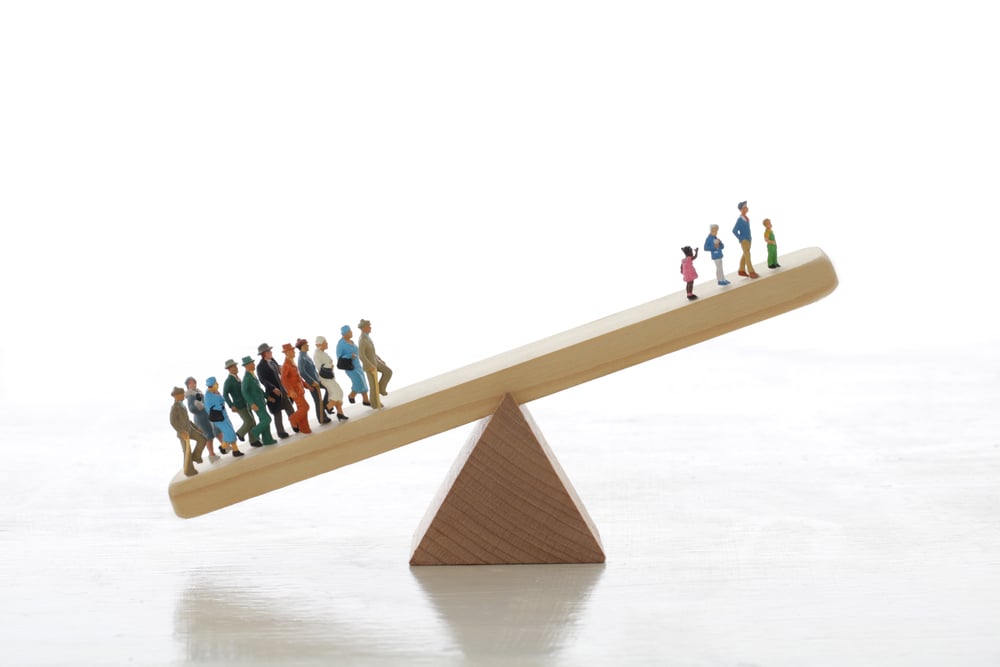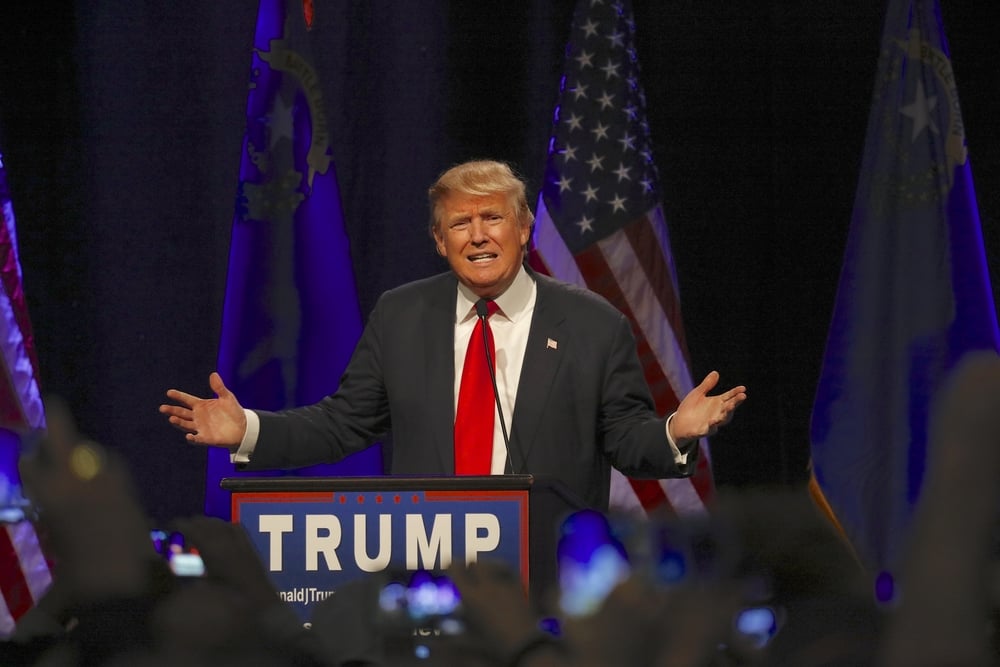Why Is Populism So Popular Again?

Since the turn of the century, populism has been on the rise all over the world. Why is this? In this blog post, we will explore some of the reasons for this trend and discuss its implications. We will also look at some of the different forms that populism has taken in recent years. So, what is populism, and why is it so popular? Stay tuned to find out!
Populism is defined as a political ideology that stresses the need for the common people to have a direct say in government and politics. This ideology has been on the rise in recent years due to a variety of reasons. One reason is that, due to globalization and the increasing interconnectedness of the world, people are more aware than ever before of the problems that exist in society. They are also more aware of the fact that their governments are not always acting in their best interests.
Another reason for the popularity of populism is the economic insecurity that many people are feeling. In developed countries, wages have stagnated or even declined in real terms, while costs have risen. This has led to a situation in which many people feel that they are being left behind economically. This economic insecurity has been exacerbated by the financial crisis of 2008, which led to widespread job losses and a decrease in overall wealth.
Finally, populism is also popular because it offers a simple explanation for the complex problems that society faces. Populists often blame these problems on specific groups of people, such as immigrants or minorities. This allows people to simplify the causes of these problems and makes it easier for them to understand what is happening.
The popularity of populism has led to the rise of several populist movements around the world. In Europe, we have seen the rise of parties such as Syriza in Greece and Podemos in Spain. In the United States, the election of Donald Trump was a victory for populism. And in many other countries, we are seeing the rise of populist leaders who are challenging the status quo.
The rise of populism is having a number of different effects on society. One effect is that it is leading to an increase in polarization. Populist movements often demonize their opponents, which can lead to further division and conflict. Another effect of populism is that it is making democracy more difficult to function. Populists often seek to delegitimize traditional political institutions, such as parties and parliaments. This can make it harder for these institutions to solve problems and can lead to more instability.
The Problem with Populism

Populism, simply put, is the belief that the people are always right. The problem with populism is that it leads to a form of mob rule, where the majority can trample the rights of minorities. In addition, populism often leads to a disregard for facts and logic, as well as a hostility towards experts. This can lead to disastrous consequences, as we have seen in recent years with the rise of anti-vaccination movements and the spread of misinformation. Finally, populism can be used as a tool by demagogues to gain and maintain power. By playing on the fears and anger of the people, populists can create an us-versus-them mindset that can lead to violence and division.
The Populist Leader

Since his election in 2016, Donald Trump has been widely described as a populist leader. While the term is often used as a catch-all to describe any politician who speaks directly to the concerns of ordinary people, there are some specific characteristics that are typically associated with populism. For one, populists are often seen as outside of the mainstream political establishment, and they often tap into feelings of discontentment and frustration with the status quo. In addition, populists typically favor policies that would benefit the masses at the expense of elites or special interests. While this type of rhetoric has always been a part of American politics, Trump has taken it to new levels, developing a loyal following among those who feel that he is speaking for them and their interests. From trade restrictions to immigration crackdowns, Trump has made it clear that his administration is designed to put America first – even if that means making some difficult choices. While his critics claim that his populist rhetoric is nothing more than empty promises, there is no denying that Trump has struck a chord with many Americans who feel that they have been left behind by the current political system.



